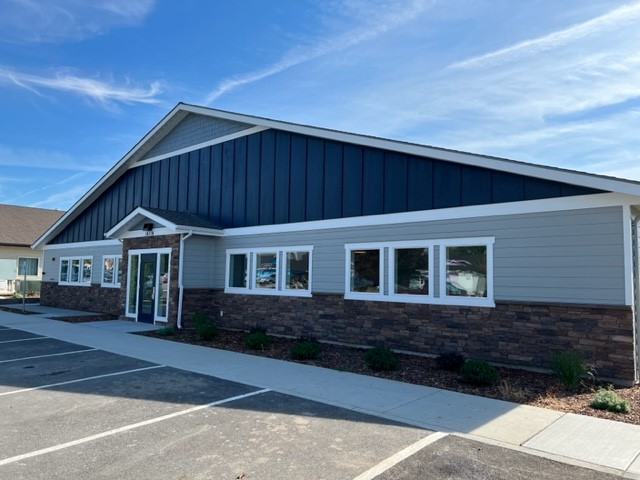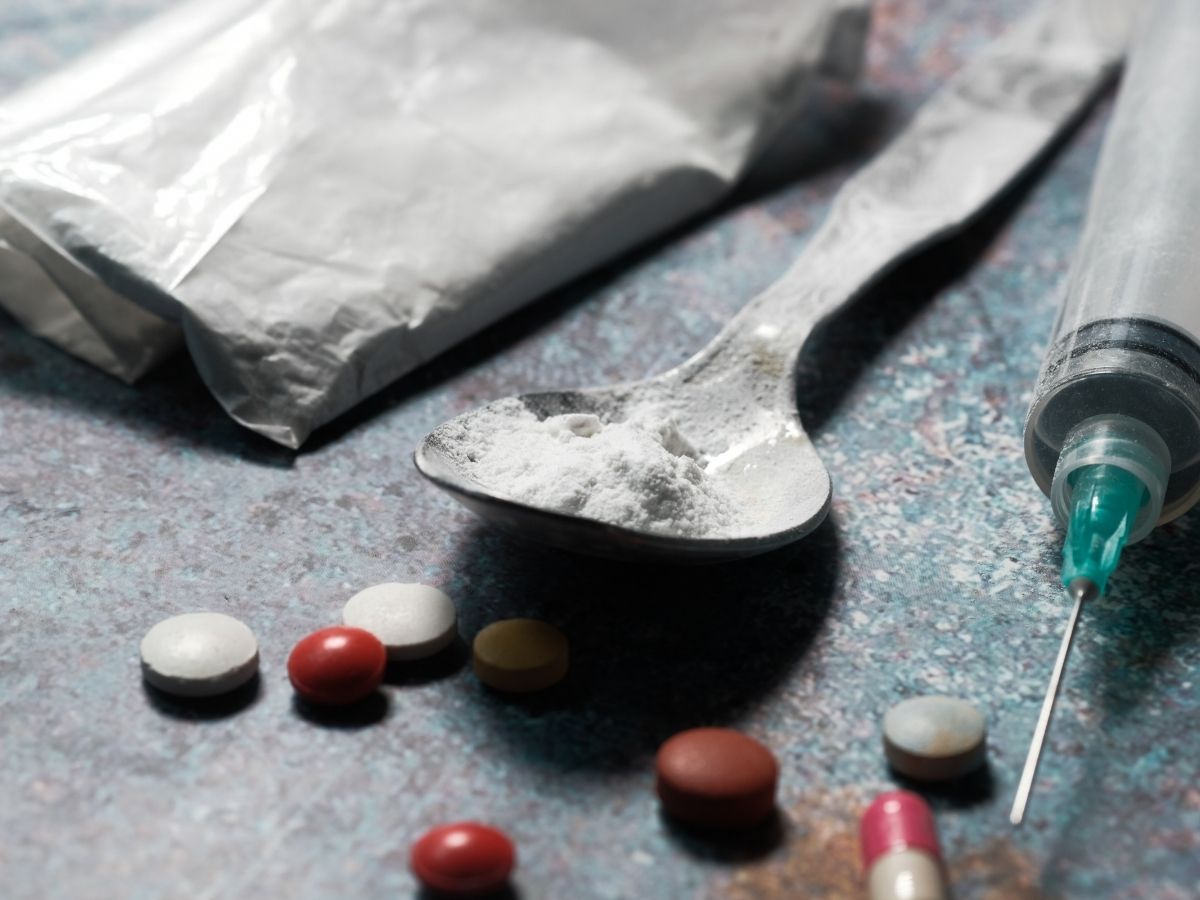
If you’ve ever wondered, “What is drug slang?” you’re not alone and it’s an important topic. Drug slang refers to the coded or colloquial terms people use to describe illicit drugs, prescription drugs, or someone’s use of them. This hidden language also called slang for drugs, druggie slang, slang drugs, or drugs lingo helps conceal drug-related talk from others.
Understanding this vocabulary is vital. It can help loved ones recognize warning signs, guide conversations, and lead someone toward understanding substance use and recovery.
Skip To
Table of Contents
Why Do People Use Drug Slang?
People use slang for several reasons:
- Cultural roots: Terms often emerge from pop culture, music, or regional scenes (think of crack cocaine nicknames or shorthand for synthetic marijuana).
- Secrecy and evasion: Slang terms help conceal conversations from authority or concerned loved ones.
- Community identity: Using the same language can bond groups, whether among drug dealers, users, or within subcultures.
- Creativity and humor: People invent names like “cat valium” or “Poor Man’s Ecstasy” both amusing and problematic.

End the Emotional Pain. Get Your Life Back.
Feeling Depressed, Anxious or Struggling with Mental Health Illness? Get Safe Comfortable Mental Health Dual Diagnosis High-Quality Therapy From Counselors That Care. Begin Your Recovery Now.
Hotline: (509) 348-4077

Common Drug Slang Terms You Might Hear
Drug slang varies by substance, region, and culture, but a few patterns stand out. Recognizing these drug terms can help you spot potential concerns earlier.
1. Cannabis (Marijuana)
Known by countless names, marijuana has been called weed, pot, grass, and Mary Jane for decades. Some terms, like chronic or purple haze, come from pop culture, while others skunk, ganja, or bud are tied to strain types or potency. Younger users may use playful words like tree or sticky icky.
2. Cocaine and Crack Cocaine
Cocaine is often called blow, coke, snow, or nose candy, while crack cocaine is nicknamed rock, base, or hardball. These terms hide serious risks behind casual language, making awareness essential.
3. Opioids and Prescription Drugs
Codeine flavored drinks have street names such as lean or purple drank. Benzodiazepines are sometimes called xannies, bars, or school bus and heroin can be known as as tar, brown sugar, or junk.
4. Methamphetamine and Stimulants
Meth can be referred to as crystal meth, ice, glass, or speed. Amphetamines go by uppers, pep pills, or bennies, reflecting their stimulating effects.
5. Other Illicit Substances
Synthetic drugs and inhalants have a language of their own, bath salts may be called cloud 9 or meow meow, while nitrous oxide is nicknamed whippets or poppers. Even users get labeled with words like druggie, dopehead, or fiend.
Get Help. Get Better. Get Your Life Back.
Searching for Accredited Dual Diagnosis Mental Health Centers Near You?
Even if therapy failed previously, or are in the middle of a difficult crisis, we stand ready to support you. Our trusted behavioral health specialists will not give up on you. When you feel ready or just want someone to speak to about counseling alternatives to change your life call us. Even if we cannot assist you, we will lead you to wherever you can get support. There is no obligation. Call our hotline today.
FREE 24/7 Dual Diagnosis Mental Health Services HotlineTreatment for Drug Slang
Whether it’s casual talk about crack cocaine, black tar, or nitrous oxide, it can be a signal of deeper issues like substance abuse or drug addiction. Slang can be a red flag that someone is involved with illicit drugs or misusing prescription drugs.
Treatment begins with understanding. When you identify the language, you will then be in a position to deal with your loved one in a caring manner. At We Level Up Washington we are assisting people to get beyond destructive habits, where we can provide:
- Medical detox for safe withdrawal
- Therapy and counseling to address root causes
- Mental health support for co-occurring conditions
- Aftercare planning for long-term recovery
Druggie slang, or drugs lingo may have raised your concern, but taking action now can prevent escalation. Recovery is possible with the right help, guidance, and environment. Drug abusers often don’t see a clear way out of their situation.
Case Insights and Educational Examples
Recognizing drug slang can make a significant difference in outcomes. The following two fictional scenarios illustrate the contrast between untreated and treated situations.
Scenario A: Untreated Path
Mary hears her teenager say “ripping a rock,” and “lean” but she dismisses it as slang. She doesn’t ask follow-up questions or seek clarity. Weeks later, she discovers paraphernalia, and her child is struggling with addiction. The delay deepens both their pain and problems.
Scenario B: Early Support
John learns his friend is referring to “purple drank” after hearing the term and instead of staying silent, he gently asks what it means. That conversation opens the door to recognizing codeine-based misuse. Together, they look into treatment options, reaching out to a treatment center specializing in mental health and drug addiction recovery before things escalate.
These fictional examples are for educational purposes only. They don’t reflect real people and aren’t medical advice.
Comfortable Facilities & Amenities
High-Quality Mental Health Services & Behaviroal Health Substance Abuse Treatment
Rehab Centers TourRenowned Mental Health Centers. Serene Private Facilities. Inpatient Rehab Programs Vary.
Mental Health Helpline: (509) 348-4077Proven recovery success experience, backed by a Team w/ History of:
15+
Years of Unified Experience
100s
5-Star Reviews Across Our Centers
10K
Recovery Success Stories Across Our Network
- Low Patient to Therapist Ratio
- Comprehensive Dual-Diagnosis Treatment
- Complimentary Family & Alumni Programs
- Coaching, Recovery & Development Events
- Comfortable Onsite Medical Detox Center
Expert Advice / Actionable Tips
Slang is very common in the drug world, and it is possible that someone you love is involved in themselves in drug slang use. In that case, there are steps you can take to help them.
- Ask questions: Instead of accusing, say, “I heard you mention lean. can you tell me what that means to you?”
- Stay informed on drug lingo: Awareness of terms like crystal meth, black tar, or synthetic marijuana helps you recognize potential risks.
- Seek help early: Contact a reputable treatment center or explore rehabs before issues grow.
- Focus on connection: Let your loved one know you care, this builds trust.
- Use local support: In Spokane Valley or Liberty Lake, reach out to We Level Up Washington for guidance you can trust.
The tips below are for general educational purposes and aren’t a substitute for medical advice. Everyone’s situation is different, please consult a licensed professional for personalized support.
Frequently Asked Questions (FAQs)
-
Where in Spokane Valley, Washington can you find help for signs of drug slang?
If you catch familiar terms like druggie slang and worry it signals substance abuse, reach out to We Level Up Washington, a trusted treatment center offering compassionate mental health and substance abuse care.
-
Where in Post Falls, ID can you find treatment for signs of drug slang?
In Post Falls, turn to closeby We Level Up Washington for experienced, empathetic treatment centered on you or a loved one’s journey toward wellness.
-
Where in Liberty Lake can you find treatment for drug slang?
We Level Up Washington serves Liberty Lake with tailored support for those exploring recovery and healing from drug addiction.
Final Thoughts
Understanding drug slang can be the difference between noticing a problem early and missing the warning signs entirely. You are more ready to intervene with empathy once you are aware of terms associated with illegal drugs, prescription drugs, and other risks of substance abuse.
This awareness not only helps loved ones but also strengthens community safety, as even agencies like the Drug Enforcement Administration emphasize education in combating drug misuse. When you understand common slang terms, you can open conversations that may save lives.
If you hear unusual language, whether it’s about crack cocaine, crystal meth, or synthetic marijuana, don’t ignore it. We Level Up Washington is here to ensure that individuals and families are directed on a path to recovery through understanding, care, and evidence-based treatment. Being in the know of drug lingo is not just being aware, but it is an expression of love and change towards a long-term change.
World-class, Accredited, 5-Star Reviewed, Effective Mental Health Dual Diagnosis Programs. Complete Integrated Inpatient Rehab with Free Post Discharge Therapy Planning.
Hotline: (509) 348-4077End the Emotional Pain Rollercoaster. Gain Stability & Happiness Through Recovery Treatment. Start Mental Health Counseling Today. Get Free No-obligation Guidance by Behaviroal Health Specialists Who Understand Mental Health Recovery.
Summary
Call today to speak with our team and learn more about our programs. We Level Up Washington: (509) 348-4077. Your next step starts here.





